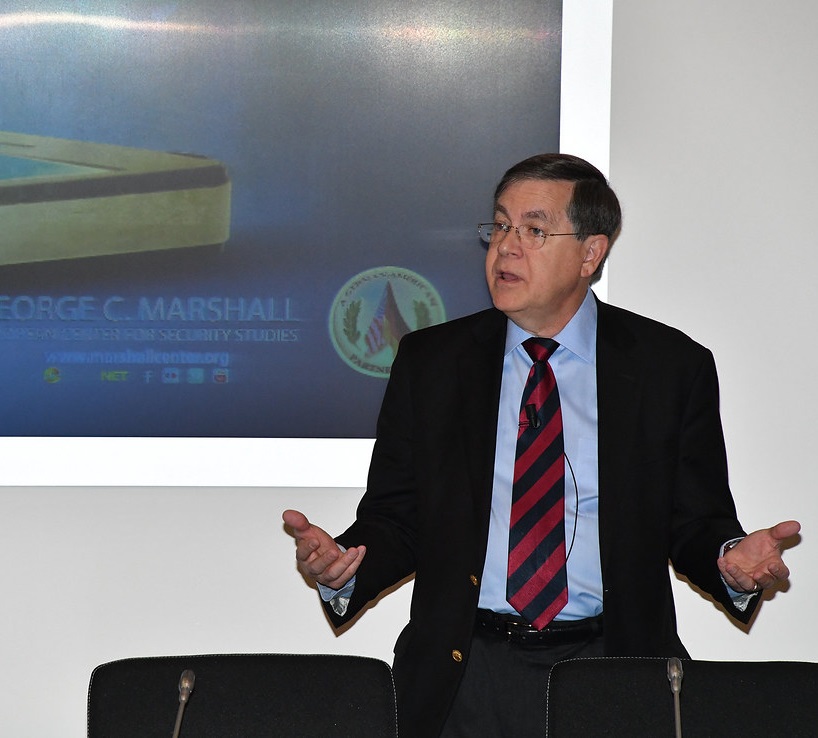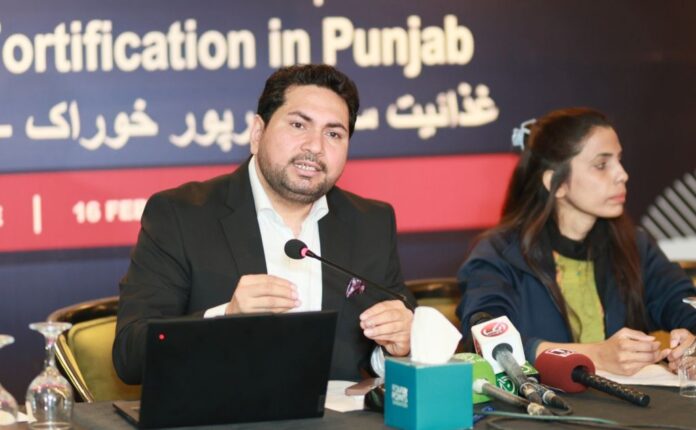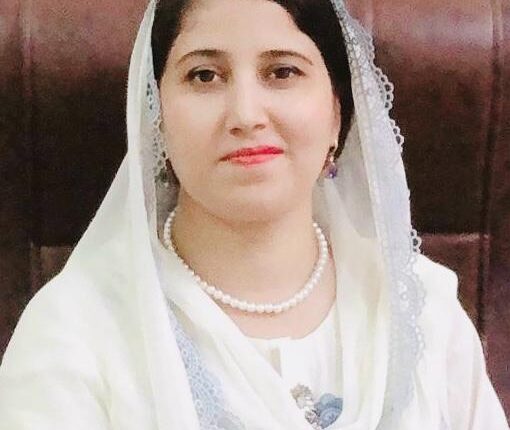WASHINGTON: The top US diplomat involved in humanitarian aid to Gaza said on Friday that Israeli forces earlier this month killed Palestinian police protecting a UN convoy in the enclave’s embattled southern town of Rafah.
As a result, Palestinian police refused to protect convoys and hampered aid deliveries in Gaza because of threats from criminal gangs, said David Satterfield, Washington’s special regional envoy for humanitarian affairs.
“With the departure of the police escorts, it has been virtually impossible for the UN or anyone else, Jordan, the United Arab Emirates or any other implementer to safely move aid in Gaza because of the criminal elements,” Satterfield said at an event hosted by the Washington-based Carnegie Endowment for International Peace.
Satterfield said the police escort includes members of Hamas, but also officers with no direct connection to the group.
The Israeli military did not immediately comment on his remarks.
Most of Gaza’s 2.2 million Palestinians were displaced by Israeli ground and air operations that triggered a rampage into southern Israel on October 7 by the enclave’s ruling Hamas, which Israel has vowed to crush.
Israeli bombing and fighting have destroyed huge swaths of the enclave, creating a humanitarian disaster that is raising fears of starvation among aid groups. The UN said the aid had been blocked by Israeli forces, which Israel denies.
Satterfield was asked if there was any truth to a report that Israeli troops killed “Hamas operatives” protecting a UN convoy in Rafah earlier this month.
“The IDF (Israel Defense Forces) 10 days ago, two weeks ago, actually hit seven, eight or nine policemen, including a commander whose units were involved in providing escorts,” he replied.
Such escorts were needed because of attacks on convoys, aided first by “desperate” Palestinians and “then by criminal elements,” Satterfield said.
The police “definitely include elements of Hamas. They also include individuals with no direct connection to Hamas who are there as part of the Palestinian Authority’s residual presence and security,” he said, referring to the Western-backed body that exercises limited rule in the occupied West Bank.
Hamas and Gaza medics said on February 10 that two Israeli airstrikes killed five members of the Hamas-run police force in Rafah, including a senior officer. The same day, the Israeli military said it struck and killed three Hamas members in Rafah, including two high-ranking operatives in the area.
It was unclear if Satterfield was referring to the Feb. 10 incident. Hamas did not say whether it stopped police escorts of aid convoys.
Satterfield said the U.S. is working with the Israeli government and military to see “what solutions can be found because everyone wants the aid to continue.”
In addition to the threat posed by criminals, aid distribution is hindered by the “increasing value of humanitarian aid” seeping into the black market, Satterfield said.
He rejected allegations that Hamas was stealing aid and trade shipments to Gaza, saying no Israeli official had presented him or the Biden administration with “concrete evidence of aid diversion or theft.”
But he went on to say that Hamas uses other aid delivery channels to “determine where and to whom the aid goes”.







